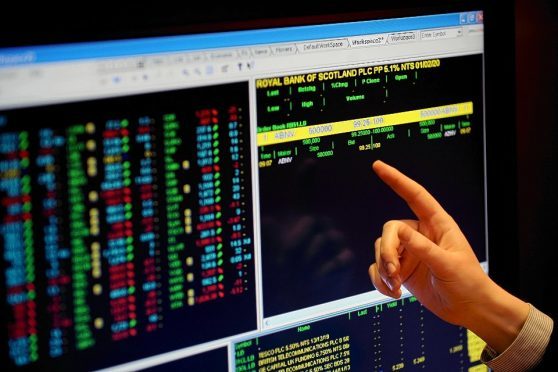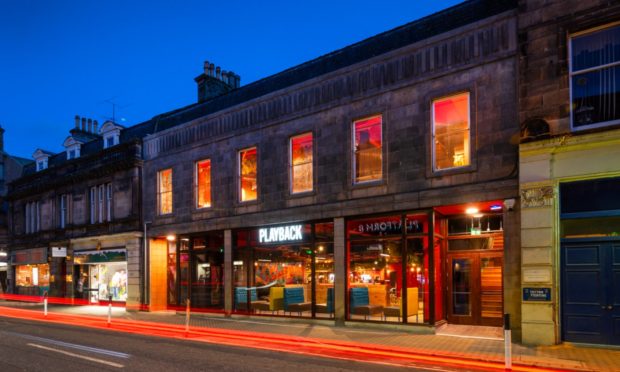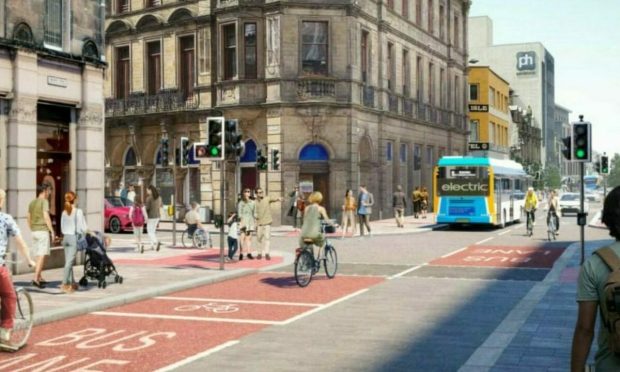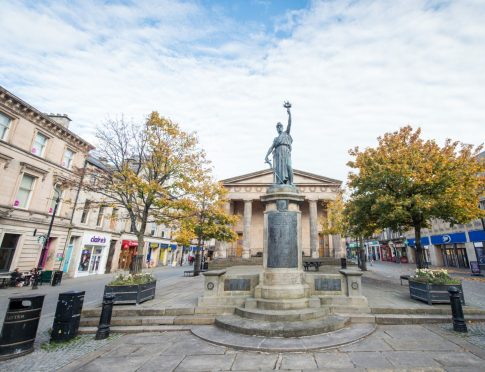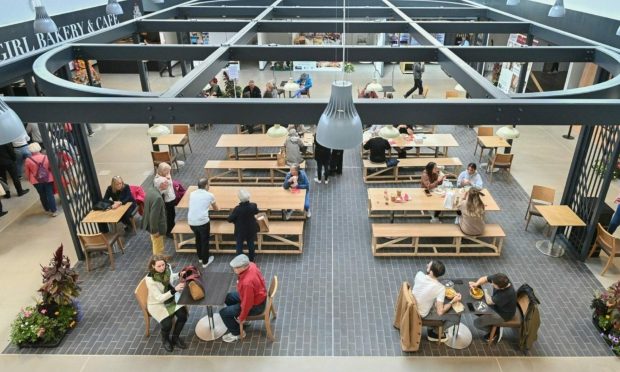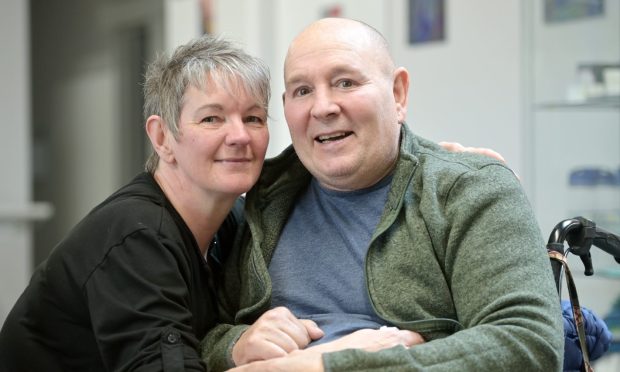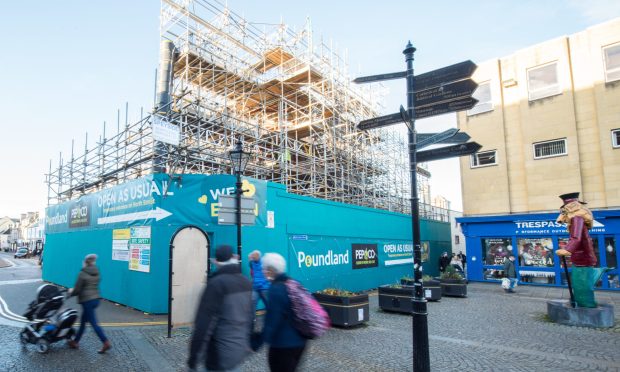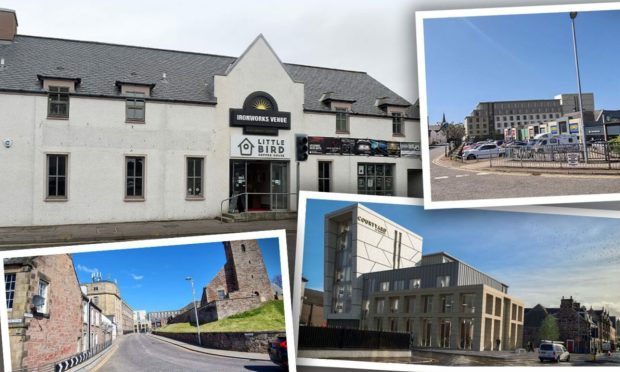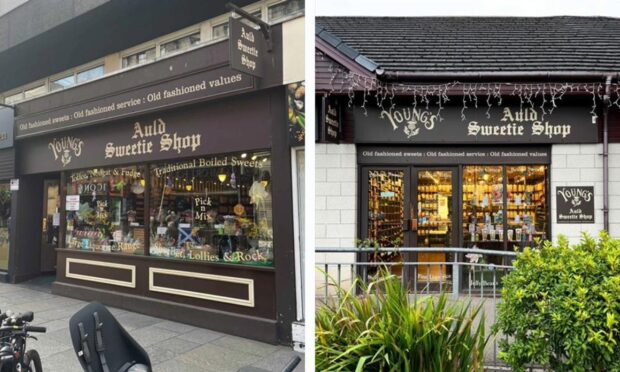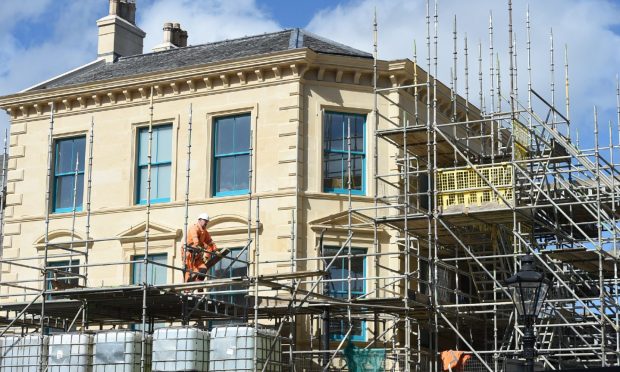Business is full of buzzwords and phrases – from the “white knights” and “dead-cat bounces” of the stock exchange to meaningless phrases like “going forward” and “creating new” jobs – it’s sometimes hard to move for management-speak and gobbledygook. Rightly or wrongly, the phrase “social enterprise” has joined that long list of incomprehensible jargon that floods the commercial world.
Yet social enterprise is big business. According to UK Government statistics, there are around 70,000 social enterprises in Britain, which contribute a combined £24billion to the economy.
But what is a social enterprise? There’s no single definition, but a social enterprise is a business that aims to have a social or environmental impact.
And the fact that they are businesses is key. They may have a broad range of legal structures – from sole traders or limited companies all the way through to the more exotic “community interest companies” or “charitable incorporated organisations” – but the 2015 State of Social Enterprise Survey found that 73% of social enterprises earn more than three-quarters of their income from trading, as opposed to grant funding or other sources of cash.
Social enterprises might be interested in their social or environmental impact alongside their financial results, but when it comes to raising finance then they’re in exactly the same boat as every other business. Whether it’s a bank loan or overdraft, invoice-financing, crowd-funding, peer-to-peer lending or any of the other myriad sources of funding, social enterprises still need cash to help turn the wheels of industry or expand their business.
One of those potential sources of funding is the Social Stock Exchange, which was launched in London by Prime Minister David Cameron in June 2013 when the UK hosted the G8 summit. From its 11 founding companies, the exchange has grown to around 40 member firms, which have a combined value of £2billion.
About half of those firms have equity listed on the exchange, while the remainder are eyeing flotations. Some members also choose to list bonds on the platform.
The exchange’s growth shifted up a gear two years ago when Tomás Carruthers – who served as chief executive at Interactive Investor International between 2003 and 2013 – was appointed as its boss. Last year the company began to expand throughout the UK by opening a series of offices, with the pilot launching on Merseyside as the Liverpool & Wirral Social Stock Exchange, followed by a branch in the South West of England.
Scotland is next on the Social Stock Exchange’s hit list, with a base in Glasgow expected to open this autumn. A team of analysts and sales staff is being assembled to travel throughout Scotland.
“There are certainly a lot of opportunities for ethically-minded businesses to raise money,” explains Mike McCudden, Scotland director at the Social Stock Exchange. “The demand in Scotland has been good – from a standing start, we’re already talking to four Scottish companies that are looking at membership options.
“The whole point is that we want to bring back a physical presence in local areas. It’s bringing back the old exchange model – local impact investors can invest in local businesses.
“Those investors and businesses can then also cast their net wider because we have access to the London markets and to institutional investors.
“During the financial crisis, there was a realisation that financial markets weren’t working for local businesses anymore, they weren’t doing what they should be doing, which was providing a service for local businesses to raise money. Everything was done out of London and was faceless.
“So it’s good to have that physical presence back and have capital markets working as they should be working, which is bringing investors to local investments.”
Scrolling down the list of the exchange’s members, there aren’t many household names. But two of the companies – Good Energy and Places for People – will be better known than some of the others.
Good Energy – shares in which are also quoted on the London Stock Exchange’s Alternative Investment Market (AIM) – buys the excess electricity produced by the wind turbines erected by Aberdeenshire-based food maker Mackies of Scotland, among others, and offer 100% renewable energy tariffs for consumers.
Property group Places for People has £3billion-worth of assets throughout the UK and runs both Castle Rock Edinvar Housing Association and an eponymous care and support company for people with autism, learning and physical disabilities, and mental health issues.
“It’s quite an arduous process to join us – only 50% of the companies that apply to join us will be accepted because they’ve got to prove that they go over and above the call of duty,” explains Mr McCudden. “It’s a regulated exchange, which offers a secondary market for investors to buy and sell shares in companies that qualify to become members of our exchange.
“It’s not enough for them just to say that they’re a good ethical business or a charity, they’ve got to go through an advisory panel process. It’s a two-stage affair and it takes a month for a company to go through that process.
“We want to make a positive social impact in Scotland and be able to go out there and say these companies are members of ours, which means they’ve essentially been rubber-stamped as companies that put purpose before profit and are all about the greater good.
“The feedback from other organisations has been great – we’re not competing, we’re offering another flavour or investment category that doesn’t exist up here. Statistically, companies that are run with this mindset generally do better as longer-term investments than other companies that don’t have that social or ethical mindset – they look after their staff and supply chain.”
North Sea decommissioning is one area in which the Social Stock Exchange is showing particular interest. “There are never any guarantees, as companies working in this area would still have to go through the admissions panel, but a company that’s involved in cleaning up the North Sea should be able to make the grade,” adds Mr McCudden.
Glasgow-based ETHX Energy – which provides power from biomass plants for housing associations and local authorities – is already a member of the Social Stock Exchange, although it hasn’t yet listed any of its equity.
“We’re a renewable energy company and one of the issues we want to tackle is fuel poverty,” explains Paul Logan, ETHX’s chief financial officer, who used to work at the stock market in London.
“We currently have a number of installations around Glasgow for non-domestic sites and our next big push will be on domestic properties. We’re working with housing associations to put our systems into their properties, with a guaranteed reduction in their energy bills.
“So far, the business has been funded through personal investment and the bank, but there’s a no-man’s land between what we’re currently doing and these larger projects. So we’re talking to financiers in Scotland and London about how we can borrow money or raise further capital and so a listing is very much on our horizon, either as equity or a corporate bond.”
Kelly McIntyre, programme manager at Community Shares Scotland, which supports community groups that want to run a broad range of projects from local shops and pubs through to wind farms or football clubs, welcomes the expansion of the exchange into Scotland. “With so many examples of exciting innovation happening in the social investment and social enterprise landscape here is Scotland, it is little wonder that the Social Stock Exchange sees an opportunity to expand its reach and aim to do good,” she says.
“Such ground-breaking activity is important and we look forward to seeing how it unfolds. We also look forward to the further permutations and innovative additions that will follow the Social Stock Exchange’s lead, looking to bridge gaps and fuse commonalities, whilst leaving space for ever-more ideas and opportunities.”
Ms McIntyre points to the wide range of community projects already underway across the North of Scotland. “There has been an incredible focus on the creation of new industries, such as Glen Wyvis Community Benefit Society (CBS), the first-ever community-owned whisky distillery,” she says.
“We have those that are still to launch, such as Aerospace Kinross, an aerospace and science centre to be built for, and by, the community in and around Kinross.
“There is also the first-ever community-public partnership happening with Strontian School CBS, which is raising social finance and community shares to build a desperately-needed school building for the Strontian primary school catchment. The community will build the school, lease it to the local authority, which will run the school towards its statutory requirements, and the community benefits from having a new school building, but also will use the proceeds towards wider community benefit.
“And, should the day come whereby the local authority deems that it will no longer honour its pledge to run a local school in Strontian, it is to be built to the footprint of two, equally-needed affordable homes, which can be brought to fruition with the most minimal of refurbishment.”
